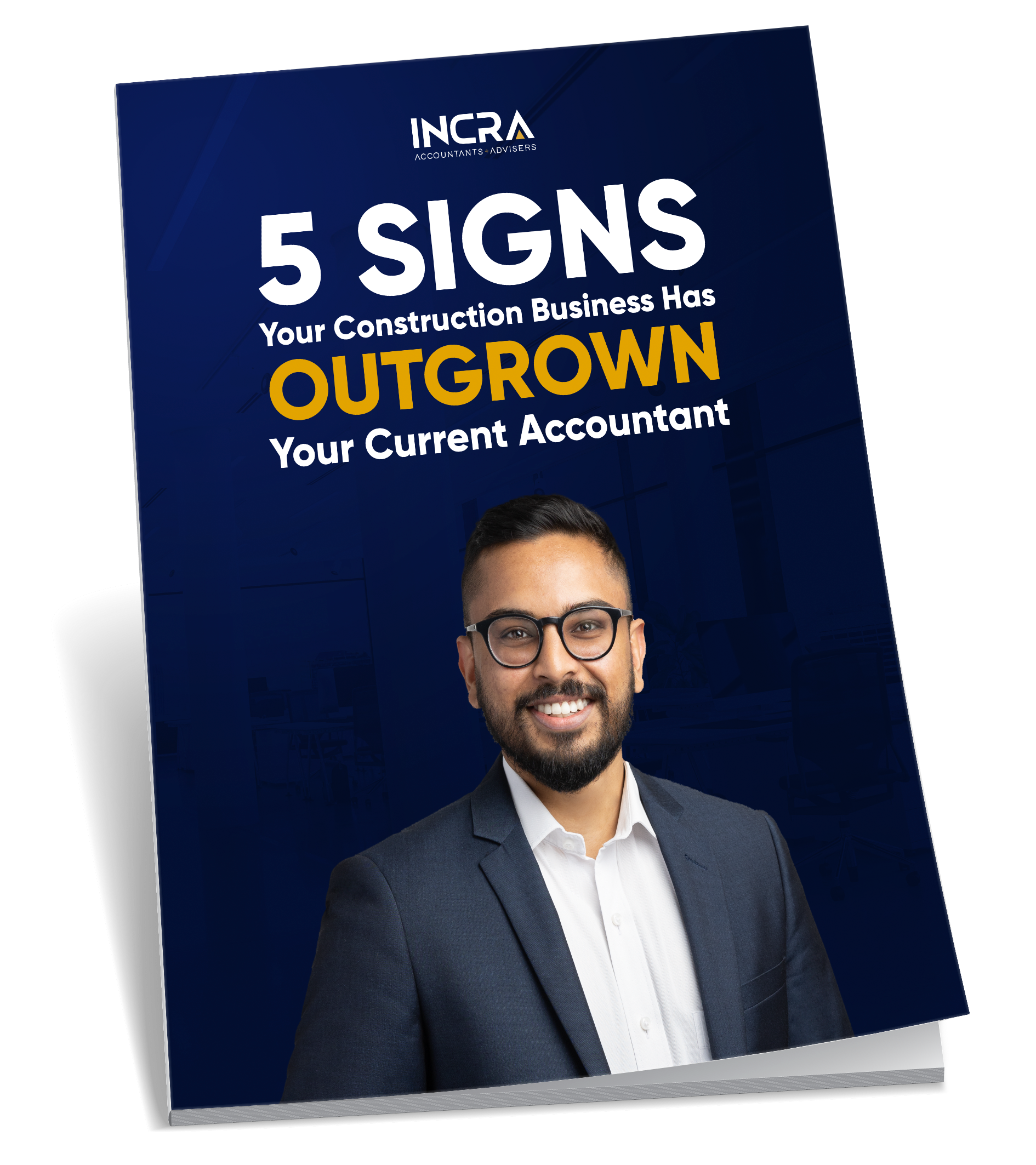As accountants and advisors, we are regularly advising on how a family should set up and maintain their affairs in a way in which is fair and equitable amongst family members involved in the business.
The reality is that most businesses start small with simple ownership structures. As the business grows and develops in profitability, ownership structures can become more complex, tax planning is more critical and management of the business becomes more challenging.
By this stage the business may have introduced additional family members into the ownership, bringing with it the need to manage the equity interests of each family member involved.
In these situations, an advisor is faced with a balancing act between achieving optimal tax efficiency, managing commercial risk, and ensuring the equity interests of the parties are not adversely affected.
One of the common misunderstandings that occur is the business not being clear on the difference between ownership and management.
Ownership refers to legal and beneficial ownership of the business, including sharing in both profits and losses, a responsibility to carry commercial risk, and responsibility to source the capital required to operate the business. The reward for ownership is profits, measured as a return on investment (ROI) or a return on capital employed (ROCE).
The reward for management generally includes commercial remuneration (salary) and can include performance bonuses should targets be achieved. Remuneration is based on experience, job role and responsibility taken.
Difficulty arises when family members are not clear on their equity position. A simple solution is to prepare an equity statement for each family member each time financial statements are prepared, or at least annually. A clear and concise equity statement should include:
Equity position at the start of the period
+ Share of Profit for the period
– Drawings & Tax during the period
= Equity position at the end of the period
Complexities with ownership structures can make it difficult to clearly ascertain what the true equity position is. This can be partly overcome by establishing entities to operate within the group, whereby each family member holds their equity interest in their own economic entity.
Take a fresh look at your equity position today, it could be the best investment you make this year!


